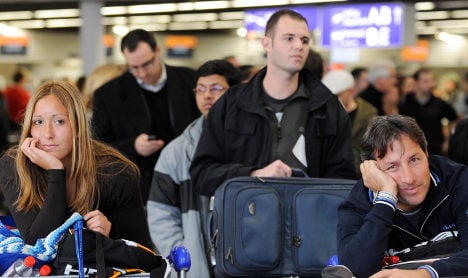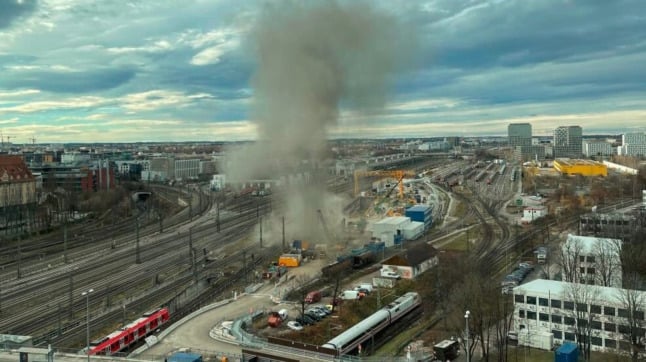Germany is not only living up to its old reputation as a service wasteland, but is turning back improvements made in the past few years, according to a new study published this week by pollsters YouGov.
Conducted as part of the search for Germany’s “most customer-friendly service provider 2013”, the study suggests overall consumer trust in service providers is down eight percent on the previous year. Only four percent of those asked said they saw no major problems in the way German companies treat their customers.
More than half (57 percent) of the more than 1,000 consumers surveyed said being dumped in a call centre queue while waiting to speak to an adviser was their most infuriating customer service experience.
The most frequent complaint was incompetent staff, with 44 percent saying unhelpful or idiotic assistants were most likely to make their blood boil.
Contacting companies in the first place was also often a major problem – 36 percent of those asked said companies being unavailable was their biggest service nightmare. And just nine percent said opening times were too short.
Other forms of communication problems came high in the survey results, with 22 percent of participants citing bad website design as their pet hate.
So could Germany really be sliding back into the service dark ages? Are staff that surly, or do you know companies who will go out of their way to meet your every need?
What’s your biggest customer service pet hate? Ever have trouble phoning your phone company or accessing your internet company’s website?
Or is the worst thing about being a consumer in Germany something different? Do you ever get scowled at in a shop or bullied by your vet? Have your say here.
Registered users of The Local may add their comments in the field below. If you haven’t signed up yet, you can do so here – it’s free and only takes a moment.
The Local/jlb



 Please whitelist us to continue reading.
Please whitelist us to continue reading.
Member comments